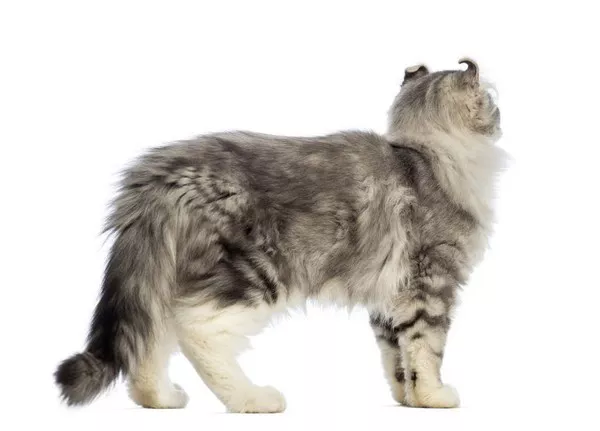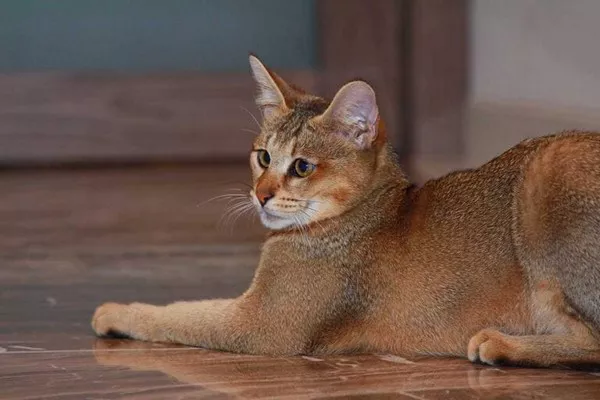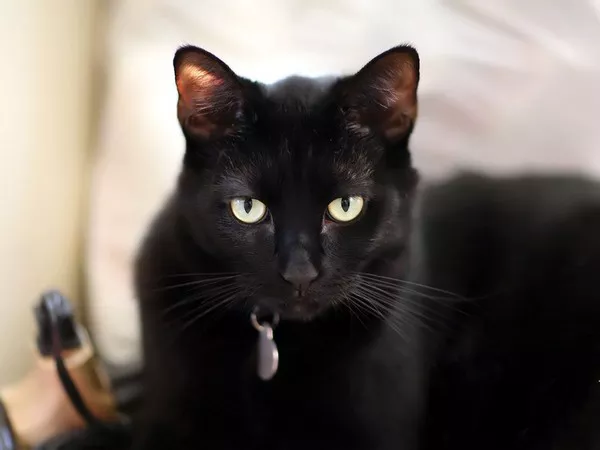Cats, known for their agility, independence, and distinctive personalities, come in various breeds, each with unique characteristics and dietary needs. Among these breeds is the American Curl, distinguished by its distinctively curled ears and playful disposition. When it comes to providing the best care for your American Curl, understanding its dietary requirements is essential. In this article, we will explore the dietary needs of American Curl cats, how to determine the appropriate amount of food to feed them, and the importance of maintaining a healthy weight to ensure their overall well-being.
American Curl Cat Basics
The American Curl is a medium-sized breed known for its unique, backward-curling ears, which give it an endearing and distinctive appearance. These cats are generally intelligent, affectionate, and known for forming strong bonds with their human companions. As with any breed, ensuring that your American Curl receives proper nutrition is crucial for its overall health, vitality, and longevity.
Determining Dietary Requirements
To determine how much food an American Curl should eat, it is essential to consider various factors that influence their dietary requirements. These factors include:
Age: Kittens, adult cats, and seniors have different nutritional needs. Kittens require more calories and protein for growth and development, while senior cats may need fewer calories to maintain a healthy weight.
Weight: The cat‘s current weight and body condition play a significant role in determining its daily caloric intake. Overweight cats may require a calorie-controlled diet to reach and maintain a healthy weight.
Activity Level: An American Curl’s activity level can vary. Cats that are more active and playful may require more calories to fuel their activities, while less active cats may need fewer calories.
Health Status: Cats with specific medical conditions may require a special diet or medication. Always consult with a veterinarian if your cat has health concerns.
Pregnancy or Nursing: Pregnant and nursing American Curl cats have increased nutritional needs to support themselves and their kittens.
Dietary Preferences: Some American Curls may have food allergies or sensitivities, so it’s essential to monitor their response to different types of food.
Balanced Nutrition
A well-balanced diet is essential for maintaining the health and well-being of American Curl cats. Here are key components to consider:
Protein: Cats are obligate carnivores, meaning they require a diet rich in animal-based protein. Look for cat foods with high-quality protein sources such as chicken, turkey, fish, or beef.
Fat: Fats are a crucial energy source for cats. Ensure that the cat food contains a moderate amount of healthy fats for energy and skin and coat health.
Carbohydrates: Cats do not require a significant amount of carbohydrates in their diet, and some may even be sensitive to them. Choose cat foods with minimal filler ingredients.
Vitamins and Minerals: A balanced diet should provide essential vitamins and minerals like taurine, calcium, and phosphorus. These nutrients are vital for overall health, including heart and bone health.
Hydration: Cats are not always great at drinking water, so feeding wet cat food can help ensure they stay adequately hydrated. Hydration is crucial to prevent urinary tract issues and maintain kidney health.
Determining Portion Sizes
Once you’ve assessed your American Curl’s individual needs, you can determine the appropriate portion sizes. Keep in mind that the specific amount of food your cat requires may vary based on the brand and type of cat food you choose. It is essential to follow the feeding guidelines provided on the cat food packaging.
Here are general guidelines to help you determine portion sizes:
Consult with a Veterinarian: Your veterinarian can provide guidance on your cat’s ideal weight and daily caloric needs based on its age, activity level, and health status.
Read Food Labels: Pay attention to the recommended serving sizes on the cat food label. These guidelines are usually based on a cat’s weight and age.
Measure Portions: Use a measuring cup or kitchen scale to accurately portion your cat’s food. Avoid free-feeding, as this can lead to overeating and obesity.
Monitor Weight: Regularly check your American Curl’s weight and body condition. Adjust the portion sizes as needed to maintain a healthy weight.
Consider Treats: If you offer treats or snacks, factor these calories into your cat’s daily intake to avoid overfeeding.
Meal Frequency: Divide your cat’s daily portion into two or more meals to help prevent overeating and promote better digestion.
Healthy Weight Management
Maintaining a healthy weight is essential for the well-being of American Curl cats. Obesity can lead to various health issues, including diabetes, joint problems, and cardiovascular disease. Here are some tips for healthy weight management:
Regular Exercise: Ensure that your American Curl gets enough physical activity through interactive play and the use of toys. Engaging in play sessions with your cat can help keep them active and prevent weight gain.
Appropriate Treats: Choose healthy, low-calorie treats for your cat, and offer them in moderation. Avoid excessive treats or high-calorie snacks that can contribute to weight gain.
Regular Vet Check-Ups: Schedule regular veterinary check-ups to monitor your cat’s weight and overall health. Your vet can provide guidance on maintaining a healthy weight.
Prescription Diets: In cases of obesity or specific medical conditions, your veterinarian may recommend a prescription weight management diet.
Conclusion
Determining how much food an American Curl cat should eat involves considering factors such as age, weight, activity level, and overall health. A well-balanced diet with high-quality protein sources, appropriate portion sizes, and regular exercise is essential for maintaining a healthy weight and overall well-being. If you have any concerns about your American Curl’s diet or weight, consult with a veterinarian who can provide personalized guidance and recommendations to ensure your feline friend enjoys a long, healthy, and happy life.


























